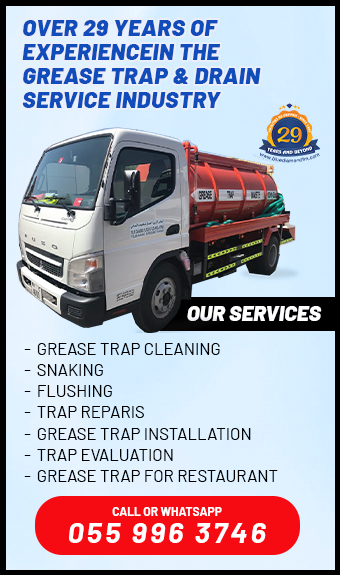Grease Trap Cleaning Regulations in Dubai: What Restaurants Must Know to Stay Compliant
Running a successful restaurant in Dubai isn’t just about exceptional cuisine and customer service. Strict hygiene laws and environmental standards make it critical for restaurant owners and kitchen managers to understand Grease Trap Cleaning Regulations in Dubai. Non-compliance can lead to severe consequences — from heavy fines and health violations to forced shutdowns.
Grease traps are designed to intercept fats, oils, and grease (FOG) before they enter the sewage system. Without proper maintenance and adherence to Dubai Municipality guidelines, these systems can fail, causing health risks and regulatory violations. This article breaks down what restaurants need to know about staying compliant.
Key Grease Trap Cleaning Regulations in Dubai Every Restaurant Must Follow
Dubai Municipality mandates that all commercial food establishments install and maintain grease traps regulations as part of kitchen waste. Here are the key points:
Minimum Cleaning Frequency: Grease traps must be cleaned regularly — typically once every 1 to 4 weeks, depending on usage and capacity.
Service Logs: Establishments must maintain detailed service records showing the date, time, and name of the approved grease trap cleaning company.
FOG Disposal: Fats, oils, and grease must be disposed of at designated recycling or waste facilities in accordance with FOG control laws UAE.
Failing to follow these Grease Trap Cleaning Regulations in Dubai can result in fines, inspection failures, or business closures.
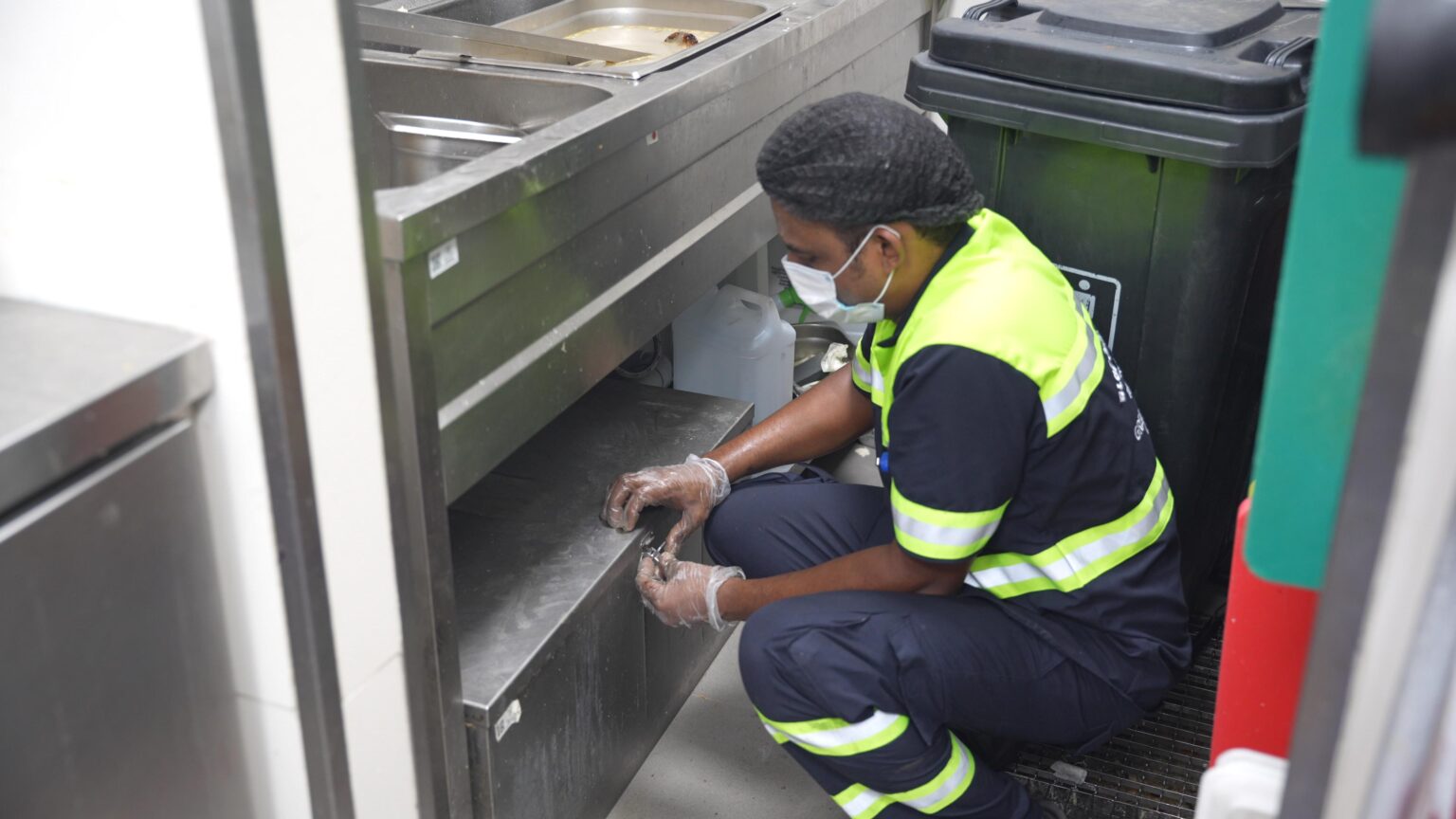
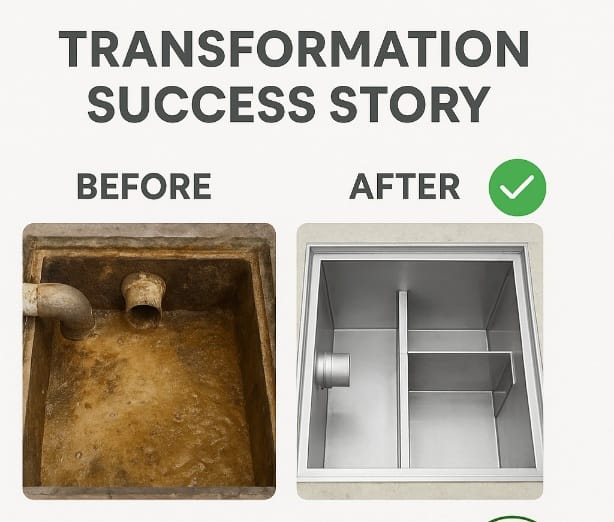
Types of Businesses That Are Legally Required to Comply
The restaurant grease trap regulations doesn’t just apply to fine dining. The following businesses are required to follow Dubai’s grease trap regulations:
Restaurants and Cafes
Hotel Kitchens and Buffets
Food Courts and Central Kitchens
Catering Facilities
Bakeries and Pastry Shops
New businesses must prove grease trap installation and a scheduled cleaning plan during license registration and renewal.
Inspection Process and Consequences of Non-Compliance
Dubai Municipality conducts surprise and scheduled inspections to assess kitchen hygiene. During an inspection, officers will:
Check for recent grease trap service logs
Assess cleanliness and odor levels
Verify if a licensed contractor performed the work
Consequences of non-compliance include:
AED 1,000–5,000 in fines per violation
Temporary business suspension
Negative hygiene ratings visible to the public
Increased likelihood of pest infestations
Ignoring Grease Trap Cleaning Regulations in Dubai is not worth the risk.
Practical Steps to Remain Compliant
To meet Dubai Municipality guidelines, restaurants should implement the following actions:
Hire an Approved Service Provider: Only licensed FM or cleaning companies should handle grease trap maintenance.
Keep Digital or Physical Logs: Maintain thorough documentation of cleaning dates, receipts, and service reports.
Train Kitchen Staff: Ensure staff knows how to handle oil disposal, avoid food scraps in sinks, and understand the basics of FOG control.
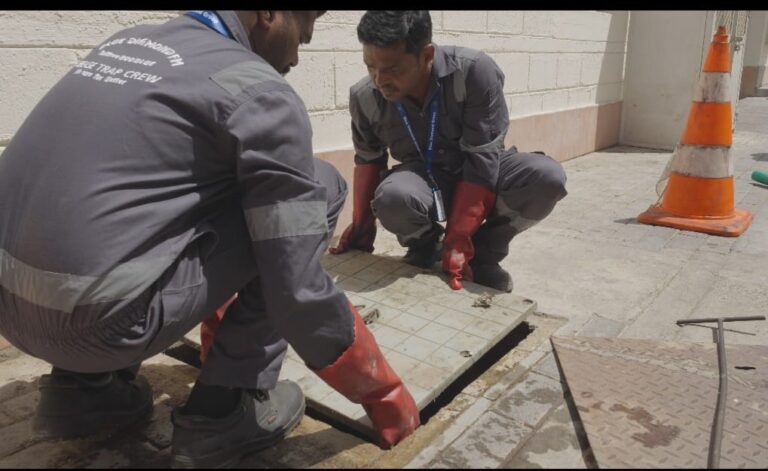
Choosing a Municipality-Approved Grease Trap Cleaning Provider in Dubai
Not all service providers meet the legal criteria. When hiring a Grease Trap Cleaning service in the UAE, consider:
Municipality Approval: Ask for certification and permit numbers.
Real-Time Reporting: Choose providers offering inspection-ready reports and maintenance logs.
24/7 Emergency Support: Restaurants need reliable access to service at any time.
Professional providers help ensure full restaurant grease trap compliance and peace of mind.
Compliance Benefits: Reputation, Hygiene & Operational Continuity
Following Grease Trap Cleaning Regulations in Dubai does more than help you avoid fines. It offers several long-term benefits:
Boosted Hygiene Ratings: Leading to better reviews and customer trust
Uninterrupted Operations: Prevent kitchen shutdowns due to blockages or pest issues
Sustainability & Environmental Protection: Reducing harmful FOG from reaching the public drainage system
Stay Ahead of Dubai’s Grease Trap Regulations
Restaurant owners and kitchen managers must treat Grease Trap Cleaning Regulations in Dubai as an essential part of daily operations. By working with an approved service provider, maintaining detailed records, and training staff, your business can stay compliant — and thrive.
Need help staying compliant? Contact Blue Diamond Team in Dubai today to schedule a professional inspection or routine maintenance.
Most Frequently Asked Question
According to Dubai Municipality guidelines, grease traps should be cleaned every 1–4 weeks, depending on kitchen size and usage.
Restaurants that fail an inspection may face fines, temporary shutdowns, or even license suspension if found repeatedly non-compliant.
Only municipality-approved grease trap cleaning companies in the UAE are legally allowed to service commercial kitchens.
Yes. You must keep service logs and receipts as part of your restaurant grease trap compliance documentation for inspections.
Absolutely. FOG buildup can cause strong kitchen odors and attract pests, which may result in customer complaints and health code violations.
Penalties can include fines ranging from AED 1,000–5,000, public hygiene demerits, and temporary closure until the issue is resolved.
Our Services
Our step-by-step guide simplifies the cleaning process, ensuring a hassle-free experience while keeping your traps clean.
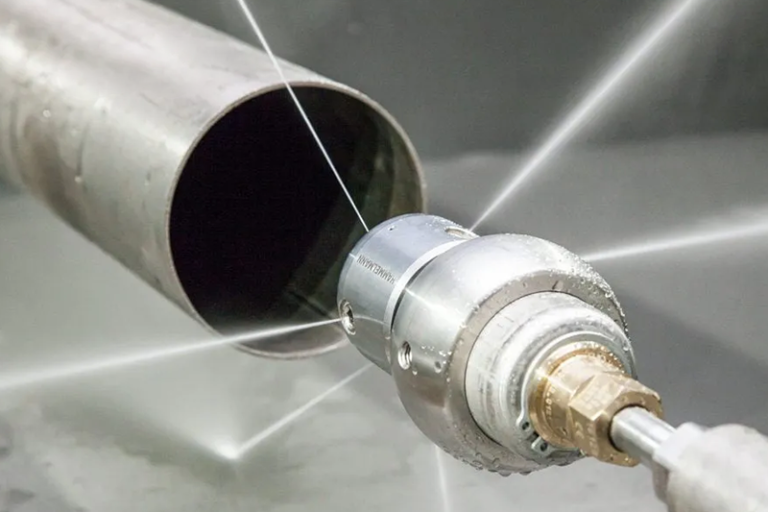
Drain Line Jetting
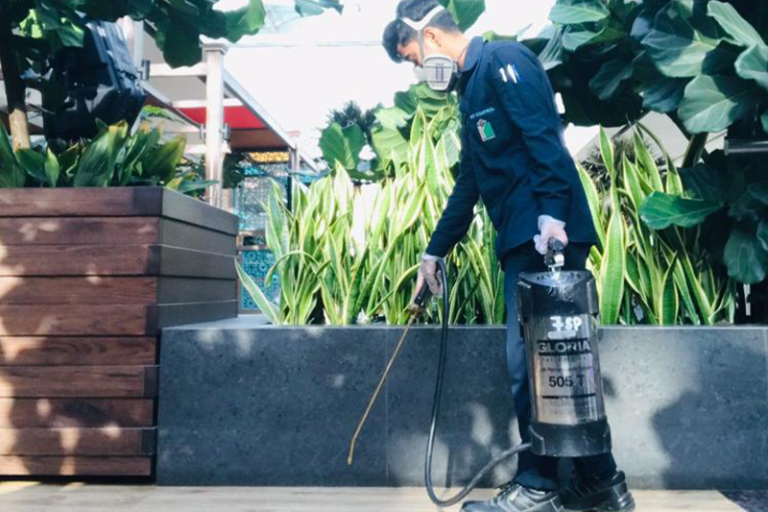
Pest Control Service
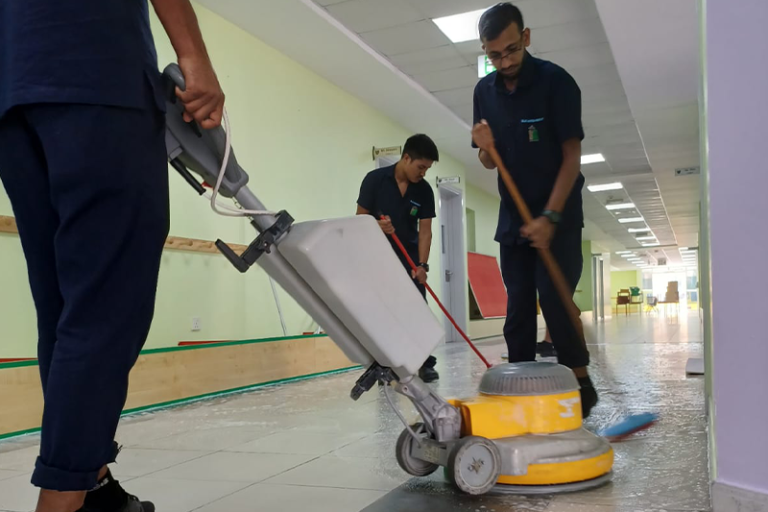
Deep Cleaning
business
Our Working Process
Let’s start the journey towards success and enhance revenue for your business. Take your company to the next level.
Book An Appointment Today
Blue Diamond would like to hear from you. if you have business inquiries. Get in touch with us.





